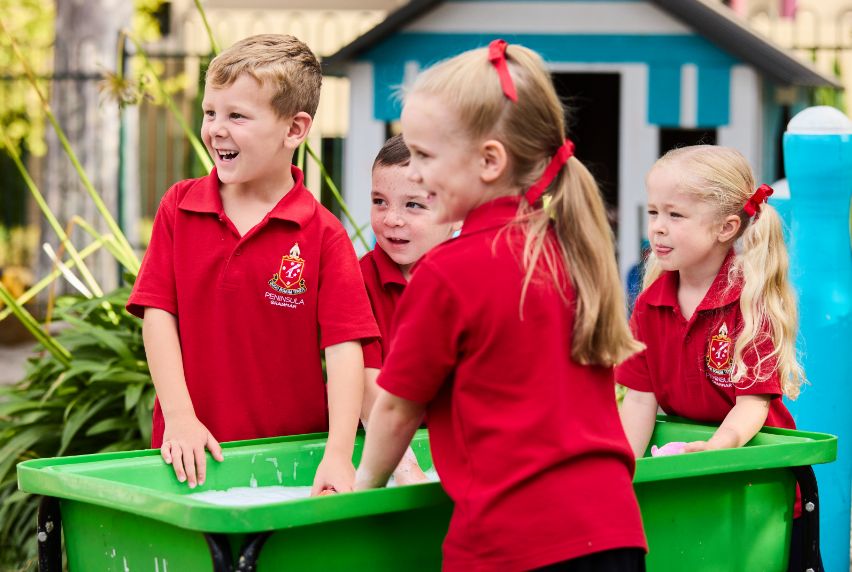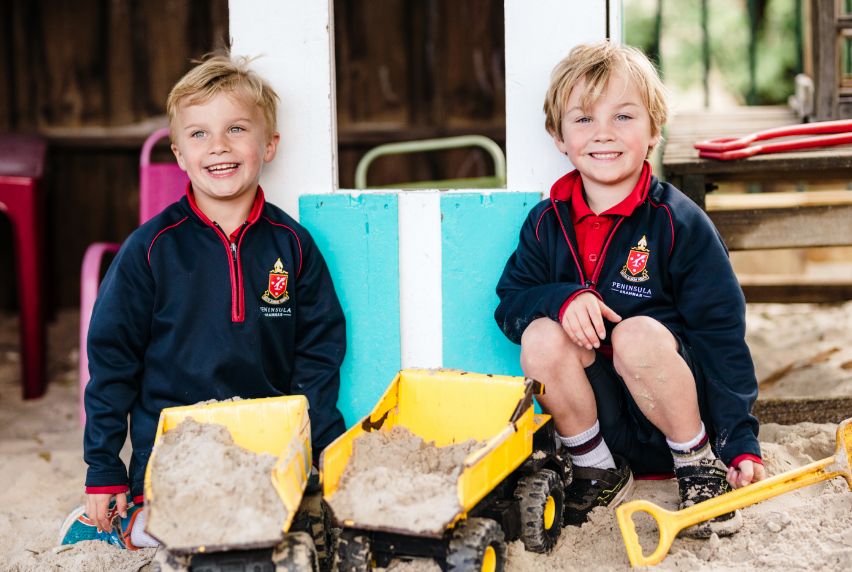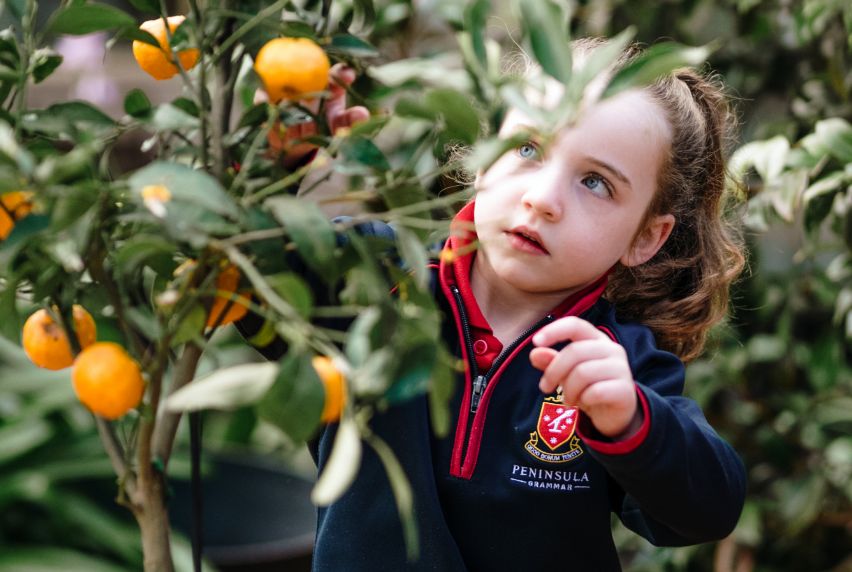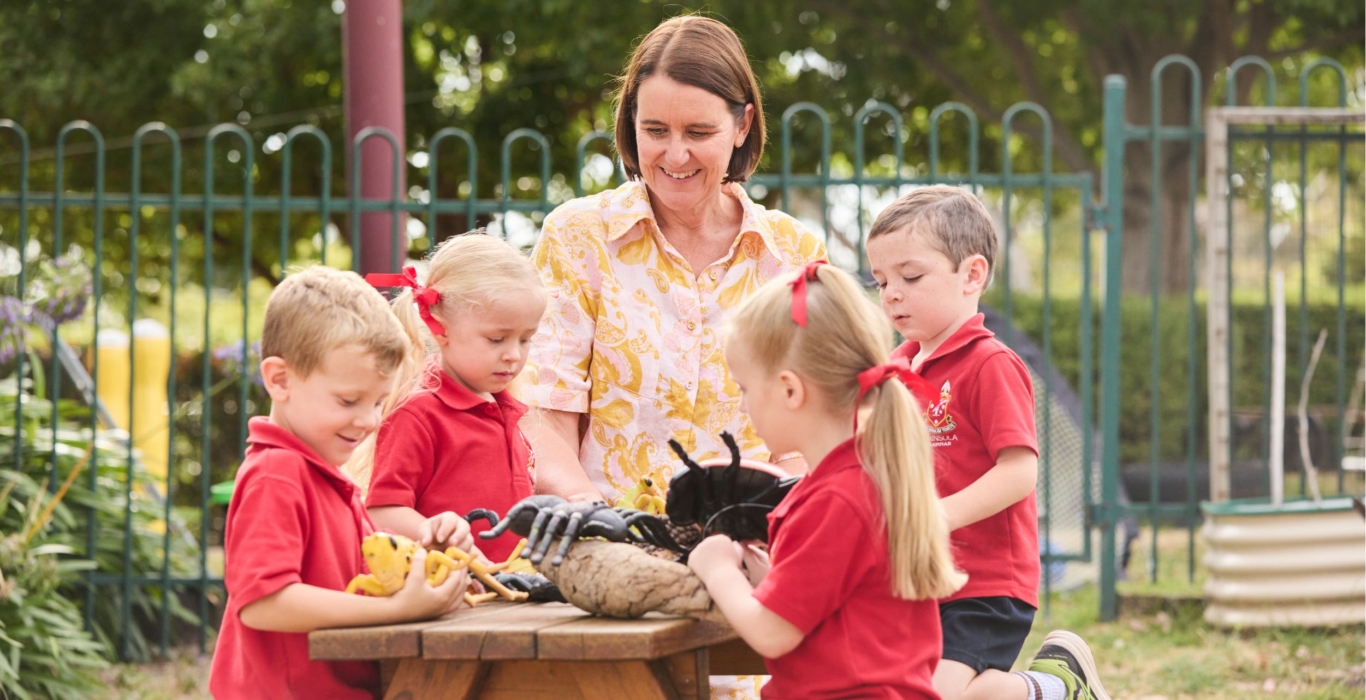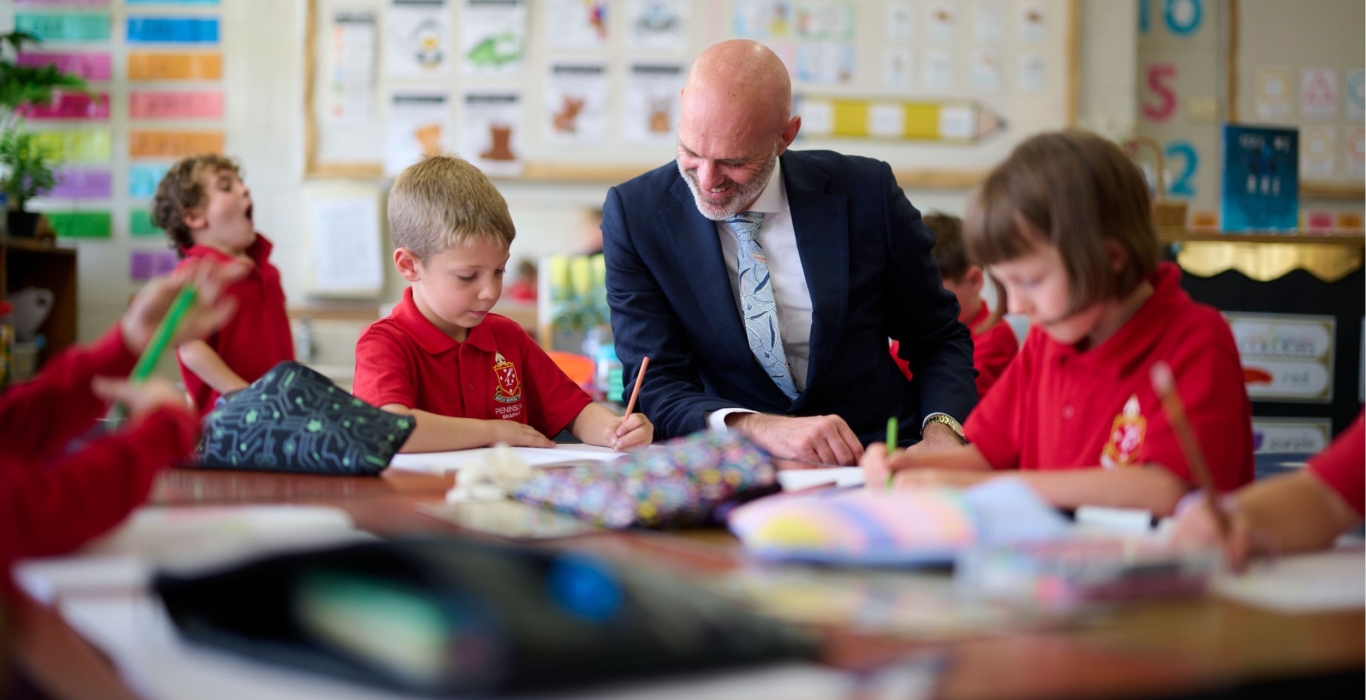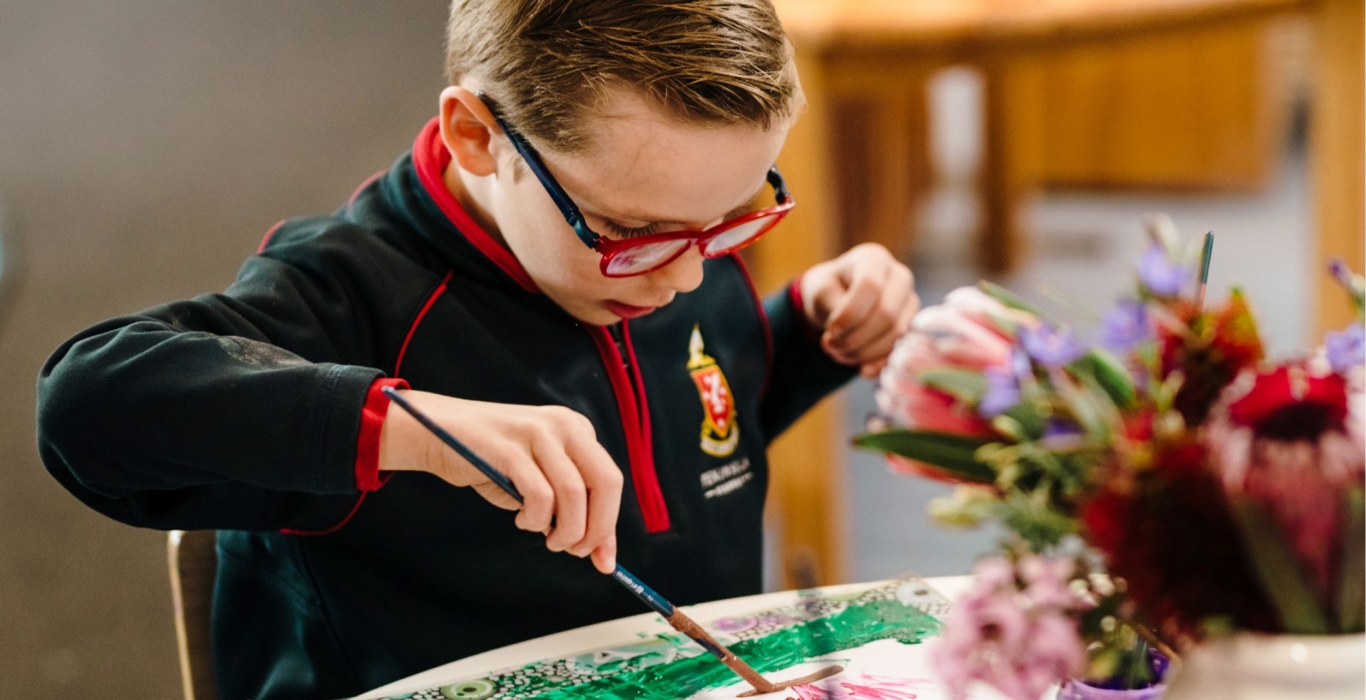The program offered to children in the Kindergarten at Peninsula Grammar is based on a developmental approach and the belief that children learn best through play. We follow the School’s Mission and Core Values, nurturing and inspiring children to strive for excellence. We aim to support and develop children’s emotional resilience, social confidence, self-motivation, persistence, and resourcefulness. We believe that each child has the right to feel safe and secure, enjoy their Kindergarten experience, be a valued and respected member of the group, contribute to their learning environment, and be challenged, stimulated, and encouraged to take risks.
An important part of this philosophy is forming strong partnerships with parents. Staff recognise that parents are aware of their child’s development and can share vital information that provides a link between home and Kindergarten.
The School’s principles of Positive Psychology guide the development of the Kindergarten curriculum and pedagogy, which focuses on the strengths and virtues that enable individuals and communities to thrive. Through this approach, children are given opportunities to develop optimism, engagement, and happiness, where learning is fostered through positive and authentic relationships with their teachers and the wider community.
The philosophy and practices are complemented by the teachers’ use of the Early Years Learning Framework for Australia and the Victorian Early Years Learning and Development Framework, which are underpinned by five principles and five learning outcomes.



